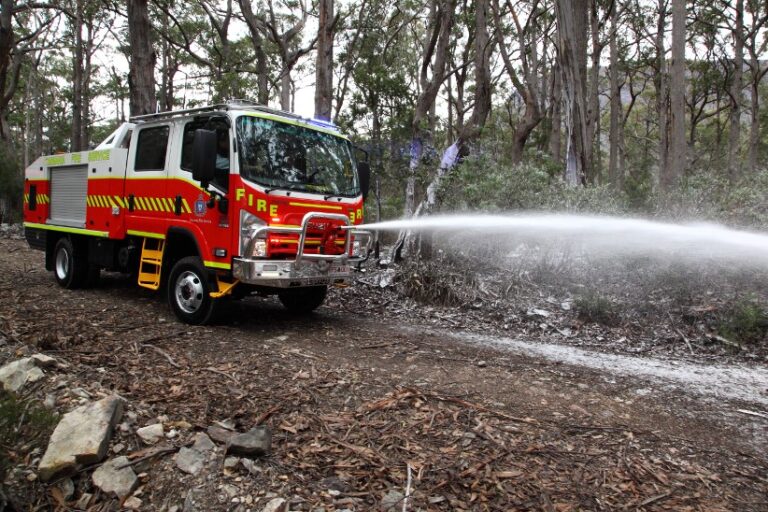Summer in Australia brings an increased risk of natural disasters such as floods, bushfires, and storms. As fleet managers, ensuring your fleet is prepared to respond quickly and effectively during emergencies is a crucial responsibility. Below are practical tips to help your fleet stay operational during the summer season.
1. Fuel and Charge Vehicles Before Breaks
Ensure all vehicles are fully fuelled or charged before the holiday period. This precaution is vital, especially in areas prone to power outages, which can render fuel pumps inoperable. Fully charged electric vehicles (EVs) can also act as power sources during blackouts, capable of running critical equipment like medical devices or refrigerators for extended periods.
2. Conduct Preventative Maintenance
Before summer, perform thorough maintenance on all vehicles and equipment. Key areas include:
- Testing backup generators to ensure they function properly.
- Servicing critical components and stocking service kits, fluids, and spare parts.
- Checking that emergency equipment, such as compressors and lighting units, is in working order.
Regular maintenance minimises the risk of equipment failure during critical times.
3. Prepare Water Tanks and Specialised Equipment
If your fleet includes water trucks or tanks, ensure they are filled and ready for use. While not typically firefighting equipment, these can provide invaluable assistance during emergencies like bushfires. Similarly, vehicles with unique capabilities should be prioritised for readiness.
4. Optimise Depot Parking
During shutdowns, arrange depot parking strategically. Position vehicles and equipment needed for emergencies for quick and easy access. Avoid blocking critical assets with non-essential vehicles to ensure a swift response.
5. Keep Contact Details Updated
Having up-to-date contact information for all staff is essential for quick communication during emergencies. Understand your team’s holiday plans, and establish clear points of contact for those rostered during the holiday period.
6. Develop and Test Disaster Recovery Plans
A well-practised disaster recovery plan is key. Ensure your team knows their roles and responsibilities in the event of an emergency. Regular drills and updates to the plan enhance preparedness
7. Leverage Electric Vehicle Capabilities
Many modern EVs have bi-directional charging capabilities, making them valuable assets during emergencies. A fully charged EV can provide power for critical infrastructure in areas impacted by outages. Incorporate EVs into your emergency planning to maximise their utility.
8. Stay Vigilant During the Holiday Season
Summer holidays often coincide with reduced staffing levels, making it even more critical to ensure your fleet’s readiness. Encourage proactive communication and collaboration to address any issues that arise during this time.
By implementing these strategies, fleet managers can significantly improve their preparedness for natural disasters, ensuring their fleets remain ready to respond and minimise disruption during the summer season. Proactive planning not only safeguards your operations but also supports the broader community during emergencies.






